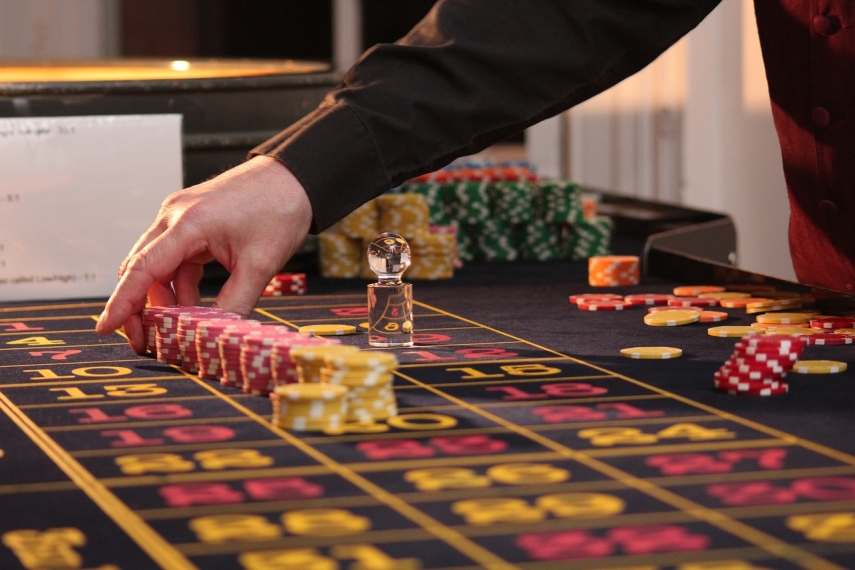
The economic impact of casinos on local communities is a controversial topic. While some say that the casinos provide a boost to the local economy, other people argue that they can have a negative effect on a community’s economy. Several factors should be considered when determining the economic impact of a casino on a city, town or rural area. Those factors include the number of jobs that are created, the taxes generated by the casino, the number of visitors to the casino, and the effects on education.
Legalized gambling activities negatively affect education
Whether or not legalized gambling activities positively or negatively affect education in local communities is a complex question. The issue is especially complex because it encompasses a wide range of factors. Often, these effects remain unseen for a long period of time. Moreover, economic and social costs incurred by the industry cannot be readily quantified.
In order to evaluate the impacts of gambling on education, researchers conducted longitudinal studies to determine how gambling impacts change over a period of time. These results suggest that legalized gambling negatively affects education in local communities, and that a significant share of the costs of the activity are borne by taxpayers.
Some of the social costs of legalized gambling are increased crime rates, personal and small business bankruptcy, and increased police and criminal justice system expenditures. Furthermore, legalized gambling increases the number of problem gamblers, resulting in social costs such as rehabilitation and health care.
Increased tax revenue
Gambling is a popular way for states to raise revenue. Several states have introduced new forms of gambling, including fantasy sports betting, card rooms and video gaming machines. However, the revenue is not as reliable as it once was.
The latest figures on gambling tax and fee revenues from casinos and racinos show that state and local governments have lost a combined 7.7 percent of the total in the last three years. Despite the fact that some states have expanded their gambling operations, the overall gambling industry has grown at a slower rate than before.
State governments are more likely to expand gambling when the economy is sluggish. However, it is not as easy to gauge whether this is a good idea or not. Several states are considering expanding their casino and racino operations, but others have yet to take the plunge.
The best way to know if gambling is a good idea for a community is to examine how it affects the local economy. Casinos and racinos generate a lot of retail sales and tourists may spend several days gambling and dining at the casino. This can have a negative effect on local retail sales, but it may also be offset by the increased activity at the casino.
Full-time entry-level jobs
If you’re looking for something a little more substantial than a job at a convenience store, consider applying for full-time entry-level jobs at casinos in your local community. Casinos provide a fun and exciting work environment that will be an ideal fit for your skills and personality. Plus, the money is good, too. Whether you’re in a big city or small town, you’ll find that most casinos are open 24 hours a day, 7 days a week.
In addition to full-time entry-level jobs at casinos, you may also be interested in other casino-related careers such as bartenders, security guards, or even table management. This is an industry where you can get a leg up over your competition, which means better pay and other perks.
When it comes to full-time entry-level jobs at casino, there are a few key pieces of information you need to know. First and foremost, you must be a legal age to work as a dealer. Aside from being responsible for handling cash, you’ll need to pass a background check, too.
Challenge to critics
Casinos, as a whole, are considered by many to be a controversial public policy issue. It is often argued that casinos have a negative impact on local communities, leading to higher crime rates, and a negative impact on the economy. However, the fact remains that the debate over gambling is one that continues to be hotly debated, and it is difficult to say with any certainty whether casinos are bad or good for local communities. One thing is clear, however, and that is the fact that many large casino owners do support gambling if they benefit from it, while others tend to oppose it.








